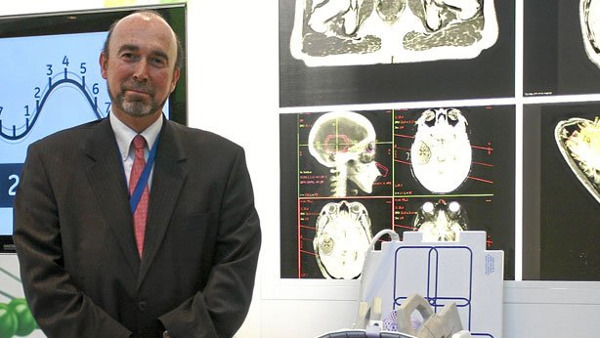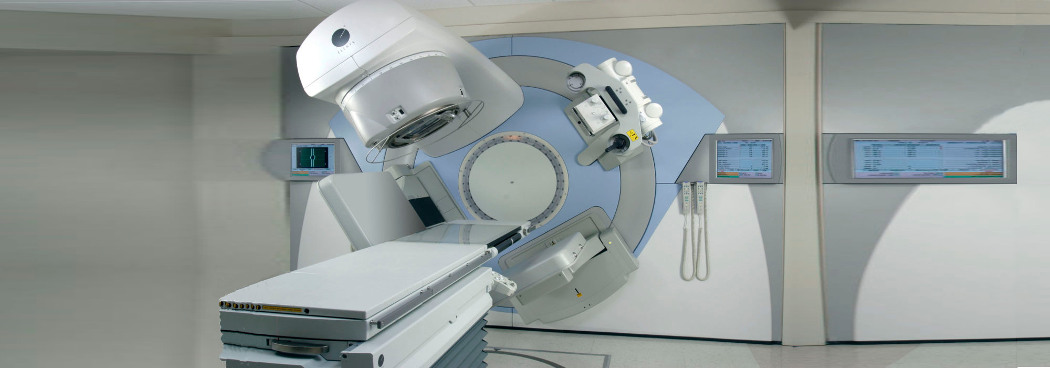The members of the European project IROCA, to optimize the application of radiotherapy, held a working meeting at the headquarters of the RAED
The Royal European Academy of Doctors-Barcelona 1914 (RAED) hosted on April 22, throughout the day, a working meeting of the international project IROCA (Improving Radiation Oncology through Clinical Audits), which aims to optimize the application of radiotherapy in the treatment of oncological diseases, in terms of therapeutic efficiency and minimization of risks for the patient. In the meeting, organized by the full academician of the RAED and director of Radiation Oncology of the Catalan Institute of Oncology Ferran Guedea, representatives of the four institutions that drive the project participated: the Polish Oncology Centre in Poznan, the Portuguese Institute of Oncology of Oporto, the University Hospital of the Charity of Novara (Italy) and the Catalan Institute of Oncology.
The IROCA group holds regular meetings to evaluate the results obtained in its coordinated trials. Taking advantage of the fact that the European Congress of Oncology and Radiotherapy was held in Barcelona, between 20 and 24 April, with more than 5,000 professionals essentially from Europe, the institution decided to meet in the city to share the results of the audits in cancer of rectum and prostate cancer of the four centres.

Dr. Ferran Guedea
“Given the progressive expansion that derives from the incorporation of the different oncohematological services that operated in other hospitals, a certain variability in the work methodology has been observed.Our priority is to identify the best practices within the process of each centre and homogenize it, in order to improve our clinical results in terms of toxicity and clinical response to treatments”, explained Guedea on the work of the IROCA project.
At the level of specific pathologies, the clinical review such as those carried out by this group have demonstrated a good methodology to measure the degree of adherence to clinical practice guidelines, identify variability and determine areas for improvement. In this sense there are different experiences such as the one implanted in hospitals that treat cancer patients with colorectal cancer in Germany, which highlights the improvement obtained in the participating centres. In terms of multidisciplinary work, the percentage of cases presented in the committee before starting treatment went from 88% (year 2010) to 91.8% (year 2012), with implication in the final result of treatment effectiveness.




